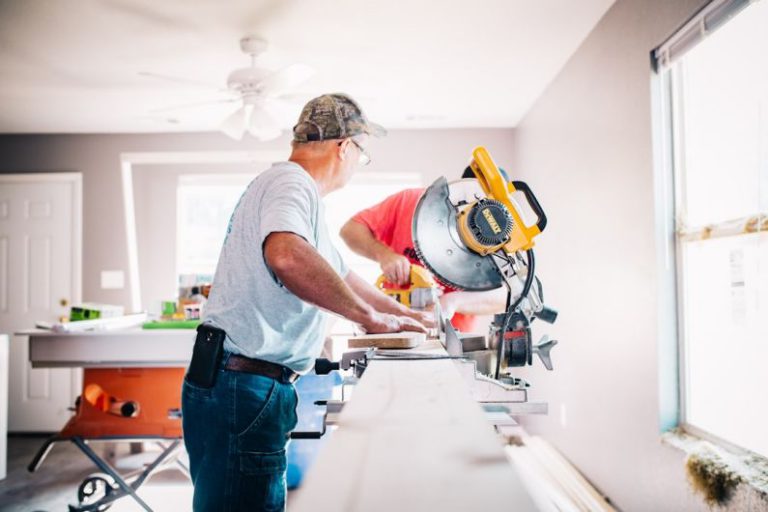How to Prepare Your Home for Severe Weather?
Severe weather can strike at any time, and it’s important to be prepared. By taking some simple steps, you can help protect your home and ensure the safety of your loved ones. In this article, we will discuss how to prepare your home for severe weather.
Create an Emergency Kit
One of the first things you should do to prepare for severe weather is to create an emergency kit. This kit should include essential items such as non-perishable food, water, flashlights, batteries, a first aid kit, and any necessary medications. Make sure to keep your emergency kit in a designated location that is easily accessible to all members of your household.
Secure Outdoor Items
Before severe weather hits, it’s important to secure any outdoor items that could become projectiles in high winds. This includes patio furniture, grills, umbrellas, and any other loose items in your yard. Store them in a secure location such as a garage or shed, or use tie-downs to secure them in place.
Trim Trees and Shrubs
Another important step in preparing your home for severe weather is to trim any trees or shrubs that could potentially cause damage if they were to fall. Remove dead or weak branches, and consider hiring a professional to assess the health of larger trees on your property. By taking these precautions, you can minimize the risk of tree-related damage to your home during a storm.
Reinforce Doors and Windows
To protect your home from severe weather, it’s important to reinforce doors and windows. Consider installing storm shutters or impact-resistant windows to protect against high winds and flying debris. Reinforce doors with deadbolts and sturdy hinges, and consider adding a door brace or bar for added security.
Inspect and Maintain Your Roof
A well-maintained roof is essential in protecting your home from severe weather. Regularly inspect your roof for any damaged or missing shingles, and repair or replace them as needed. Keep gutters and downspouts clear of debris to prevent water damage, and consider reinforcing your roof with hurricane clips or straps for added stability.
Create a Communication Plan
In the event of severe weather, it’s important to have a communication plan in place. Make sure all members of your household know how to contact each other and where to meet if you become separated. Designate an out-of-town contact person who can serve as a central point of communication for your family, and make sure everyone knows how to access emergency alerts and warnings.
Consider a Home Generator
If severe weather is common in your area, it may be worth investing in a home generator. A generator can provide backup power during a severe weather event, ensuring that essential appliances and systems such as refrigeration, lighting, and heating or cooling are still operational. Make sure to follow all safety guidelines when using a generator, including proper ventilation and fuel storage.
Conclusion
Preparing your home for severe weather is essential in ensuring the safety and protection of your loved ones. By creating an emergency kit, securing outdoor items, trimming trees, reinforcing doors and windows, inspecting and maintaining your roof, creating a communication plan, and considering a home generator, you can be better prepared to weather any storm that comes your way. Stay safe!






